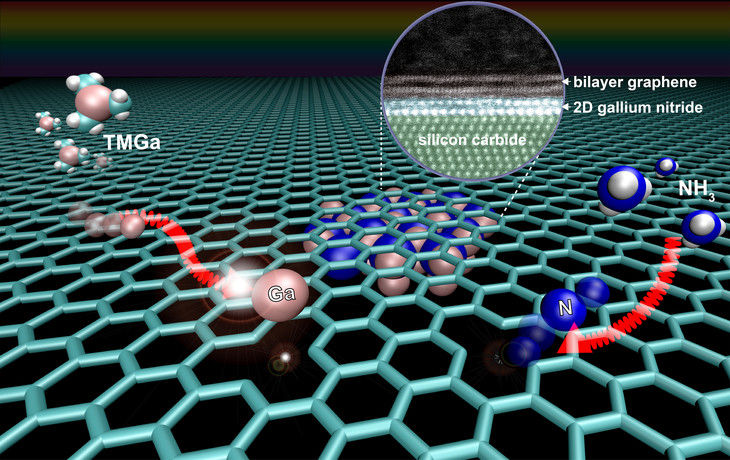Super-sensitive spray-on explosive detector
Advertisement
US scientists have designed a new spray-on explosive detector sensitive enough to detect just a billionth of a gram of explosive. After treatment the explosive glows blue under UV light, making it perfect for use in the field.
William Trogler and his team at the University of California, San Diego, made a silafluorene-fluorene copolymer to identify nitrogen-containing explosives. It is the first of its kind to act as a switchable sensor with picogram (10-15g) detection limits, and is reported in the Royal Society of Chemistry's Journal of Materials Chemistry.
Trogler's polymer can detect explosives at much lower levels than existing systems because it detects particles instead of explosive vapours. In the team's new method one can simply spray the polymer solution over the test area, let it dry, and shine UV light on it. Spots of explosive quench the fluorescent polymer and turn blue. The polymer is able to show the difference between nitrate esters, such as trinitroglycerin, and nitroaromatic explosives, such as TNT.
Initially, polymer-treated spots of both compounds appear blue under UV light, but after further exposure the trinitroglycerin spot fluoresces green-yellow whilst the TNT spot remains blue. This colour change is thought to be due to photooxidation of the fluorenyl groups of the polymer.
Trogler was surprised to find that adding a spirofluorene co-monomer gave the polymer a 100 per cent efficient conversion of UV light into fluorescence, describing this increase as dramatic. 'From a technology perspective, the most surprising thing was the ability to use photochemistry to attain a reasonably chemospecific turn-on sensor,' he says. The technology is now being commercially produced by RedXDefense, a security company based in the US. The team are currently working on a similar system to detect peroxide-based explosives and say they hope to be able to investigate perchlorates and organic nitrates too.
Original publication: Sanchez and Trogler, J. Mater. Chem., 2008.
Most read news
Topics
Organizations
Other news from the department science

Get the chemical industry in your inbox
By submitting this form you agree that LUMITOS AG will send you the newsletter(s) selected above by email. Your data will not be passed on to third parties. Your data will be stored and processed in accordance with our data protection regulations. LUMITOS may contact you by email for the purpose of advertising or market and opinion surveys. You can revoke your consent at any time without giving reasons to LUMITOS AG, Ernst-Augustin-Str. 2, 12489 Berlin, Germany or by e-mail at revoke@lumitos.com with effect for the future. In addition, each email contains a link to unsubscribe from the corresponding newsletter.
































































